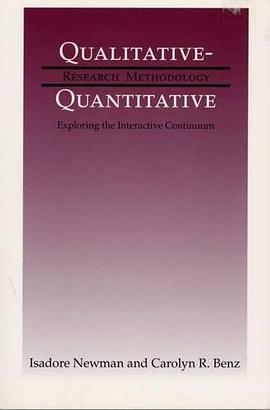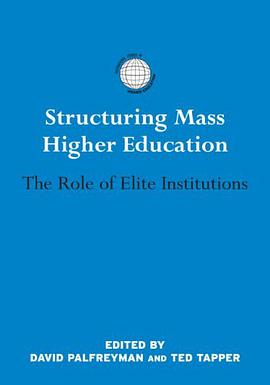

具体描述
A New York Times bestseller when it appeared in 1989, Roger Penrose's The Emperor's New Mind was universally hailed as a marvelous survey of modern physics as well as a brilliant reflection on the human mind, offering a new perspective on the scientific landscape and a visionary glimpse of the possible future of science. Now, in Shadows of the Mind, Penrose offers another exhilarating look at modern science as he mounts an even more powerful attack on artificial intelligence. But perhaps more important, in this volume he points the way to a new science, one that may eventually explain the physical basis of the human mind. Penrose contends that some aspects of the human mind lie beyond computation. This is not a religious argument (that the mind is something other than physical) nor is it based on the brain's vast complexity (the weather is immensely complex, says Penrose, but it is still a computable thing, at least in theory). Instead, he provides powerful arguments to support his conclusion that there is something in the conscious activity of the brain that transcends computation--and will find no explanation in terms of present-day science. To illuminate what he believes this "something" might be, and to suggest where a new physics must proceed so that we may understand it, Penrose cuts a wide swathe through modern science, providing penetrating looks at everything from Turing machines (computers programmed from artificial intelligence) to the implications of Godel's theorem maintaining that conscious thinking must indeed involve ingredients that cannot adequately be stimulated by mere computation. Of particular interest is Penrose's extensive examination of quantum mechanics, which introduces some new ideas that differ markedly from those advanced in The Emperor's New Mind, especially concerning the mysterious interface where classical and quantum physics meet. But perhaps the most interesting wrinkle in Shadows of the Mind is Penrose's excursion into microbiology, where he examines cytoskeletons and microtubules, minute substructures lying deep within the brain's neurons. (He argues that microtubules--not neurons--may indeed be the basic units of the brain, which, if nothing else, would dramatically increase the brain's computational power.) Furthermore, he contends that in consciousness some kind of global quantum state must take place across large areas of the brain, and that it within microtubules that these collective quantum effects are most likely to reside. For physics to accommodate something that is as foreign to our current physical picture as is the phenomenon of consciousness, we must expect a profound change--one that alters the very underpinnings of our philosophical viewpoint as to the nature of reality. Shadows of the Mind provides an illuminating look at where these profound changes may take place and what our future understanding of the world may be.
作者简介
目录信息
读后感
评分
评分
评分
评分
用户评价
扫读了first half,I should say I’m pretty much convinced by it, even if other logicians like Feferman takes it to be “slapdash scholarship”. The point is essentially: Godel’s incompleteness theorems show that the human mind works in a non-computational way. I think that’s basically right. 至于second half用量子力学讨论consciousness,听起来就比较dubitable,大概是猜测的成分居多了。
评分前半部门讲对于人工智能的态度,后半部分试图通过量子力学来讲人脑,基本观点很赞成,人工智能是能模拟很多东西,但有些东西是它再怎么发展也无法模拟出来的,之前读到平克的书说彭罗斯关于意识的观点似乎是错的,身为外行无法深究其对错,但作为一本科普书来说依然非常有趣。
评分前半部门讲对于人工智能的态度,后半部分试图通过量子力学来讲人脑,基本观点很赞成,人工智能是能模拟很多东西,但有些东西是它再怎么发展也无法模拟出来的,之前读到平克的书说彭罗斯关于意识的观点似乎是错的,身为外行无法深究其对错,但作为一本科普书来说依然非常有趣。
评分前半部门讲对于人工智能的态度,后半部分试图通过量子力学来讲人脑,基本观点很赞成,人工智能是能模拟很多东西,但有些东西是它再怎么发展也无法模拟出来的,之前读到平克的书说彭罗斯关于意识的观点似乎是错的,身为外行无法深究其对错,但作为一本科普书来说依然非常有趣。
评分前半部门讲对于人工智能的态度,后半部分试图通过量子力学来讲人脑,基本观点很赞成,人工智能是能模拟很多东西,但有些东西是它再怎么发展也无法模拟出来的,之前读到平克的书说彭罗斯关于意识的观点似乎是错的,身为外行无法深究其对错,但作为一本科普书来说依然非常有趣。
相关图书
本站所有内容均为互联网搜索引擎提供的公开搜索信息,本站不存储任何数据与内容,任何内容与数据均与本站无关,如有需要请联系相关搜索引擎包括但不限于百度,google,bing,sogou 等
© 2026 book.wenda123.org All Rights Reserved. 图书目录大全 版权所有




















